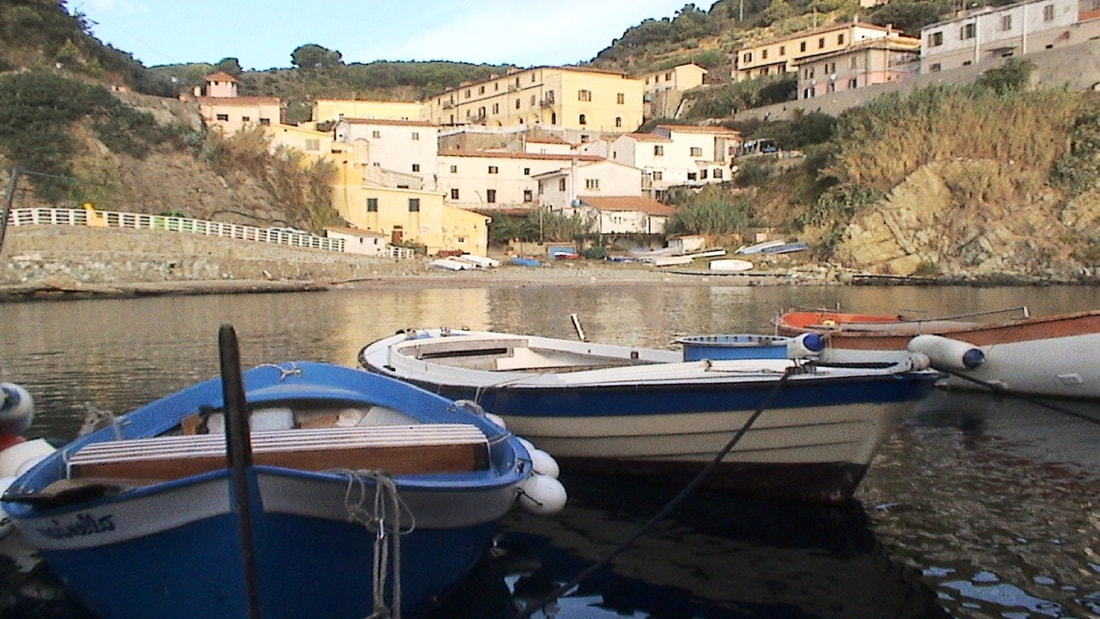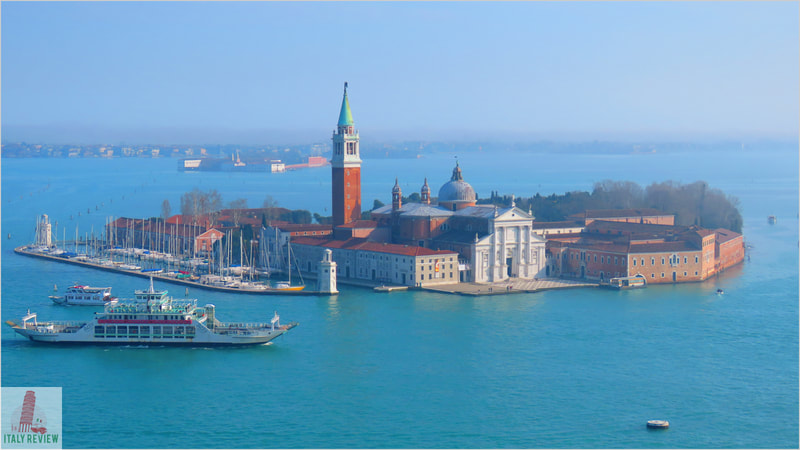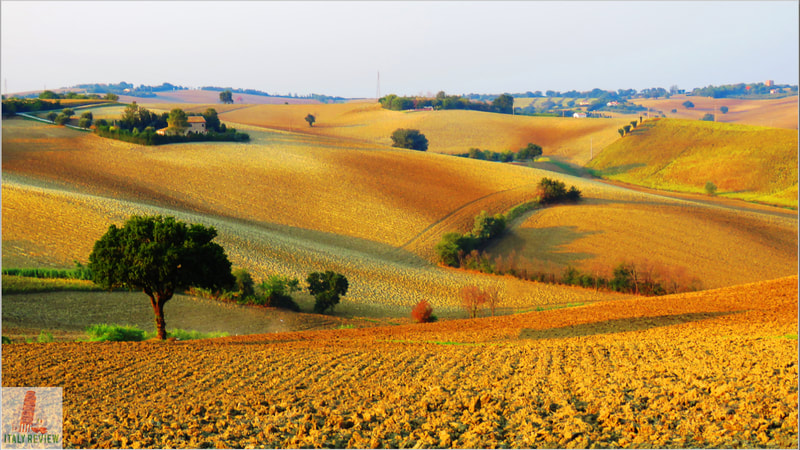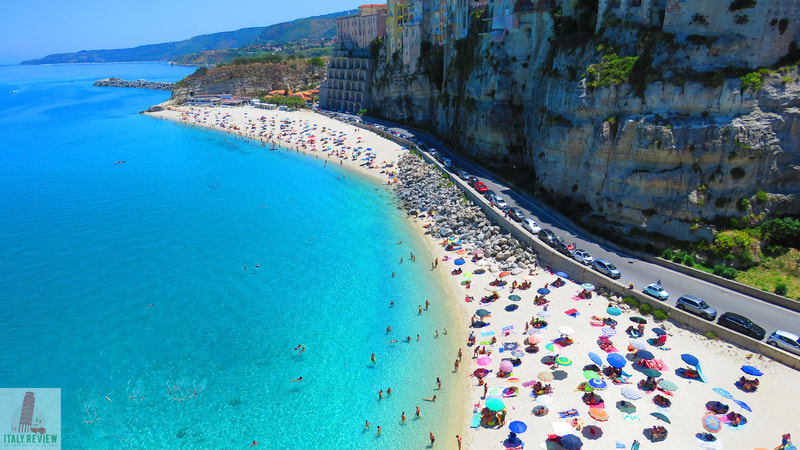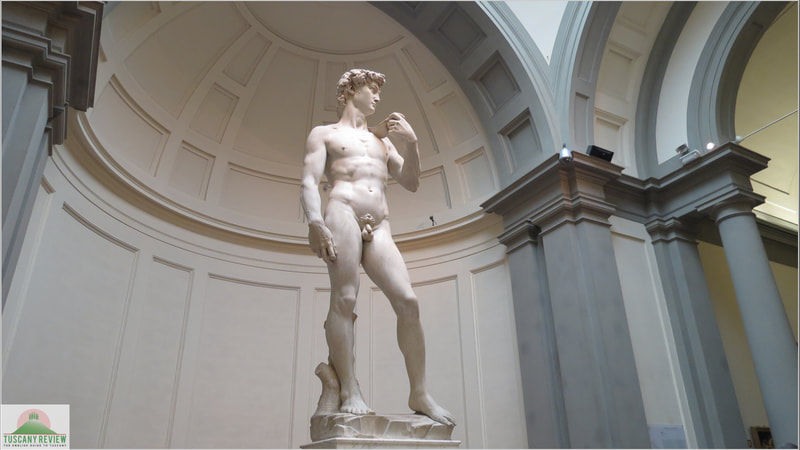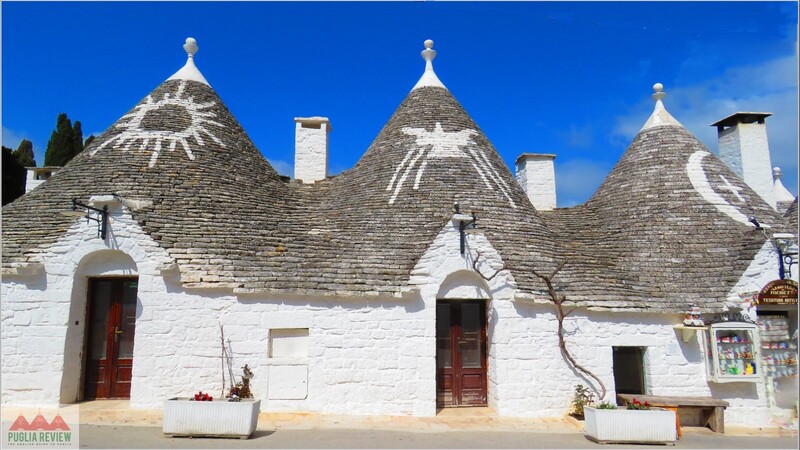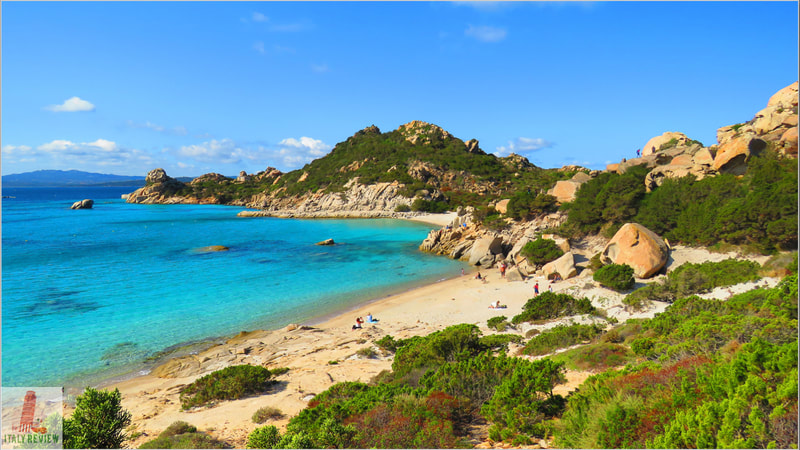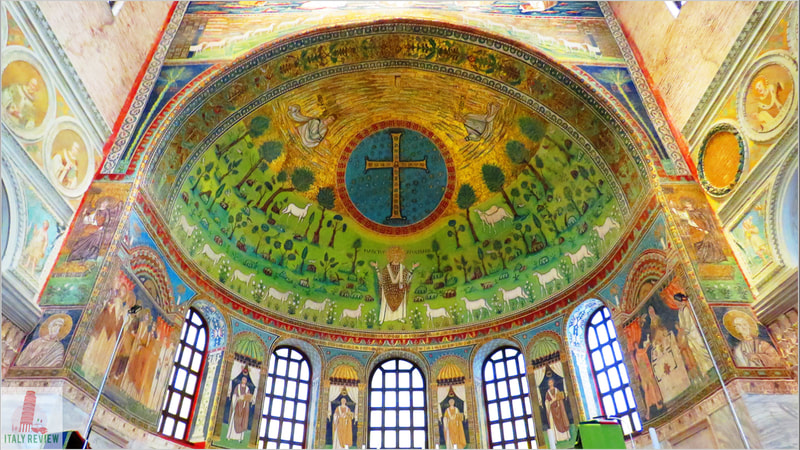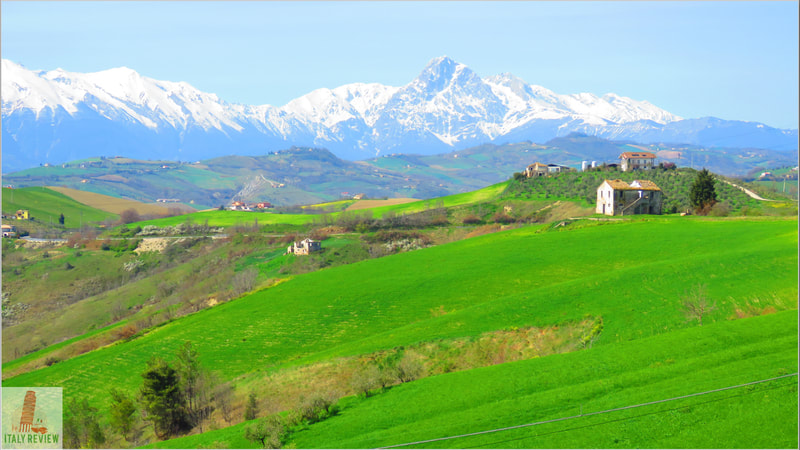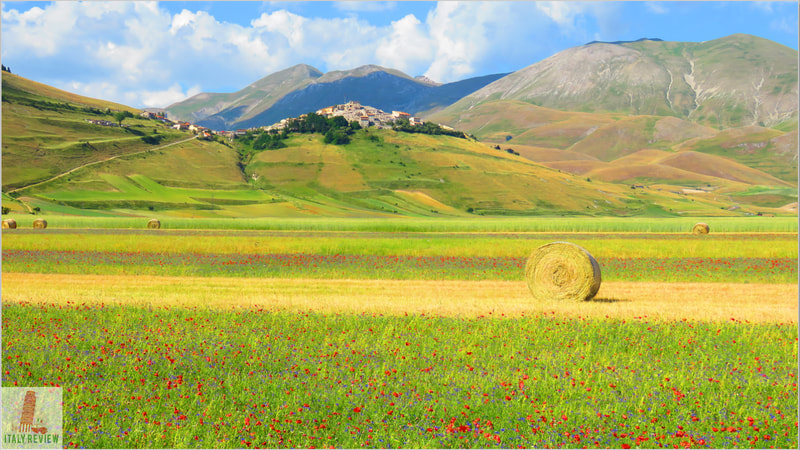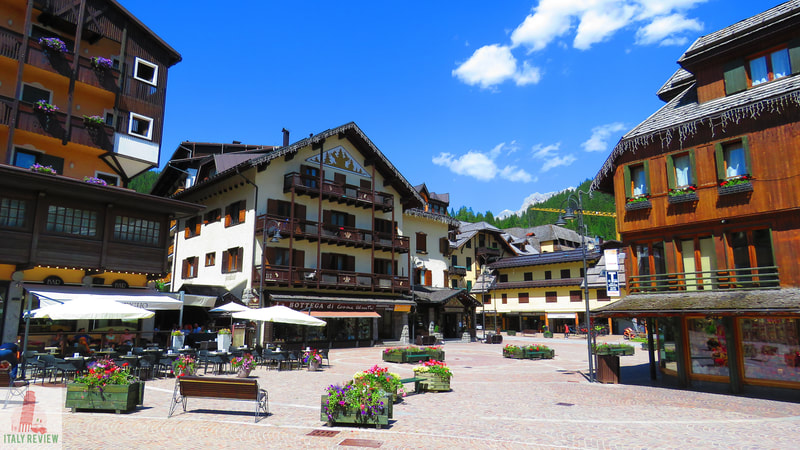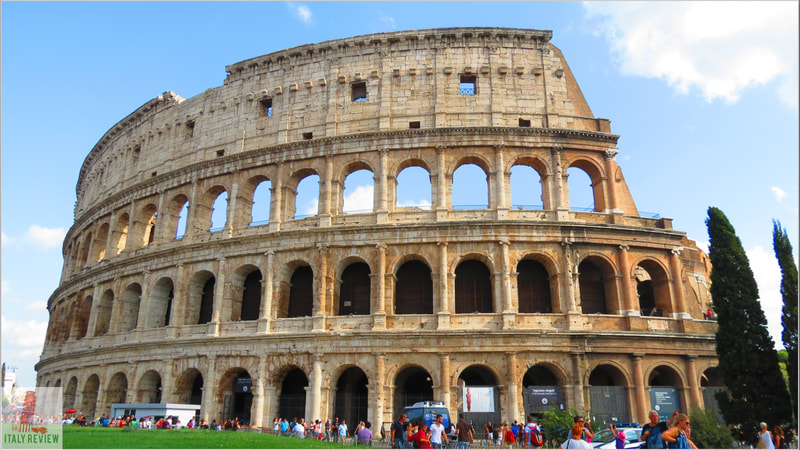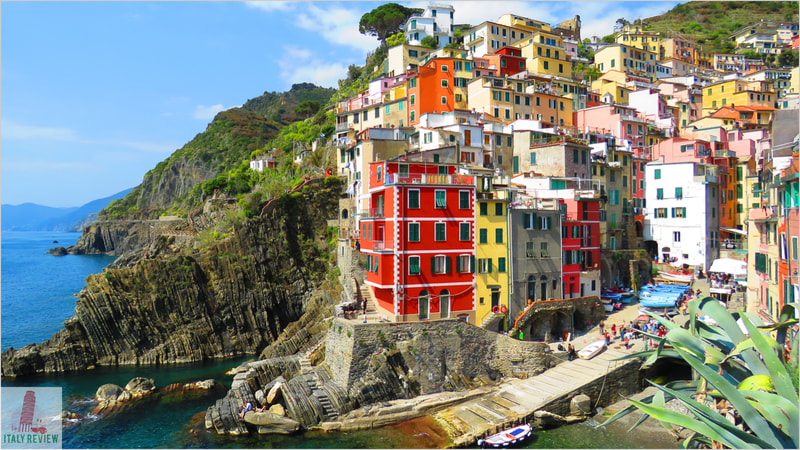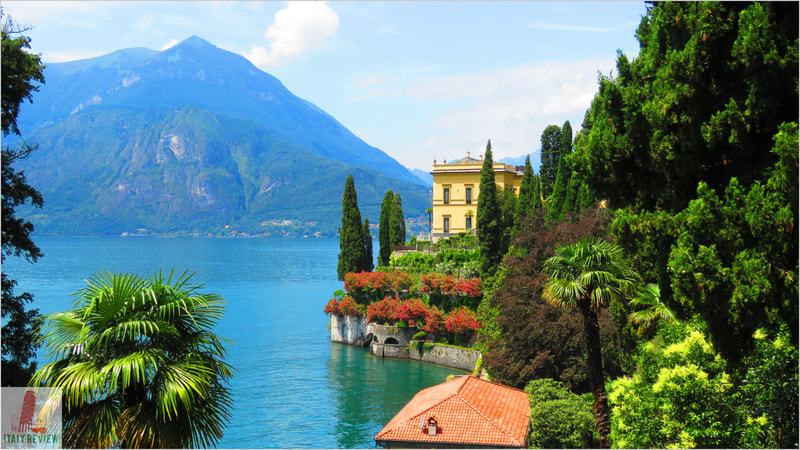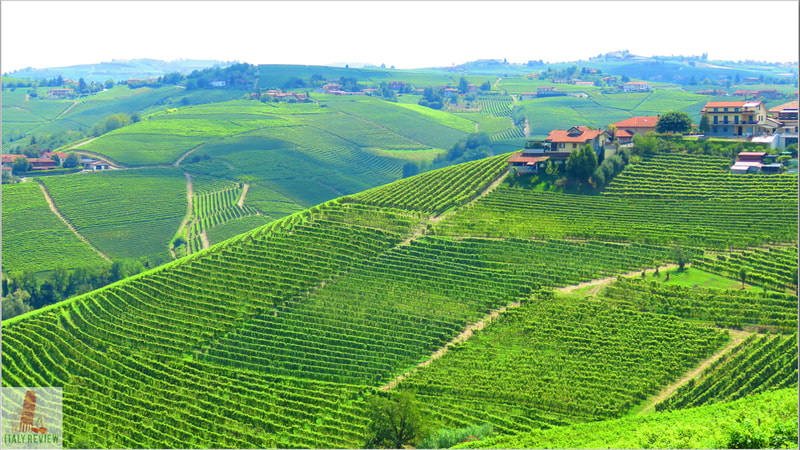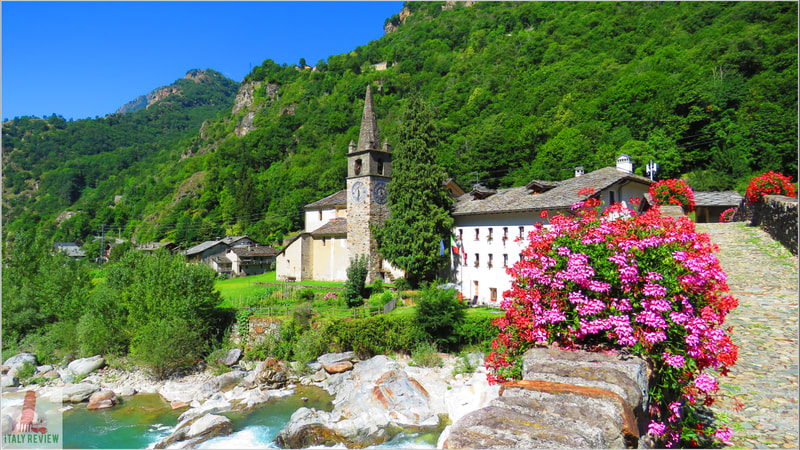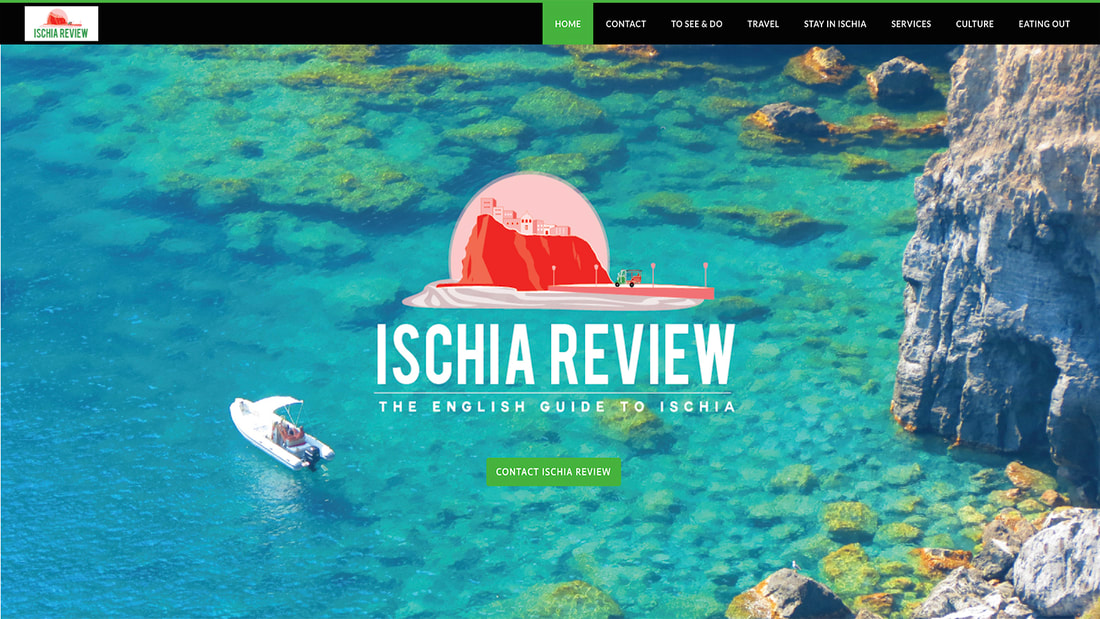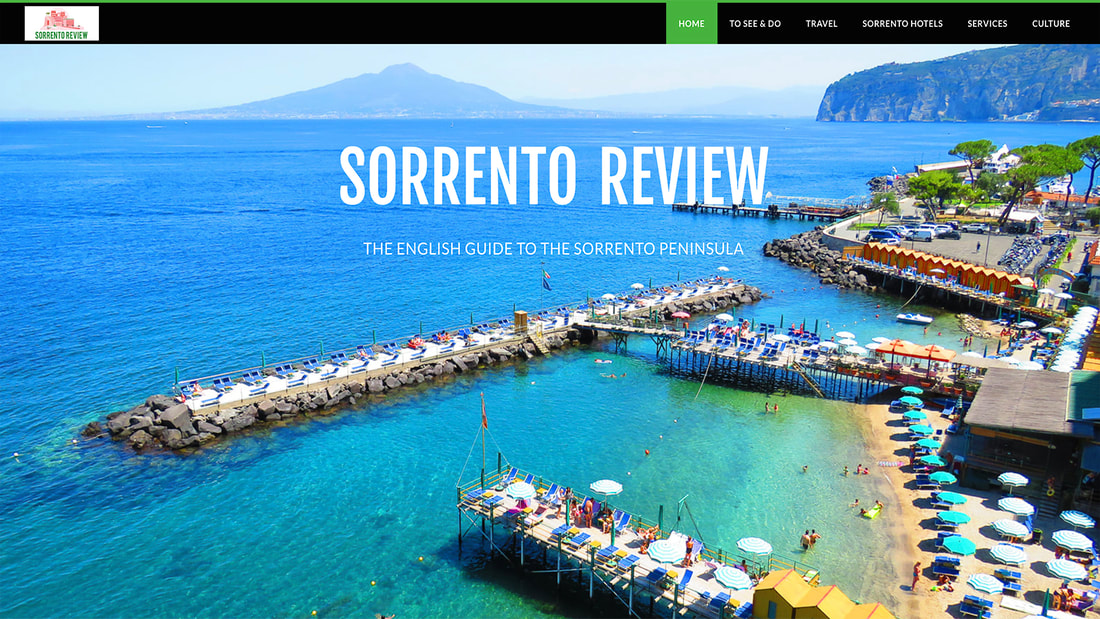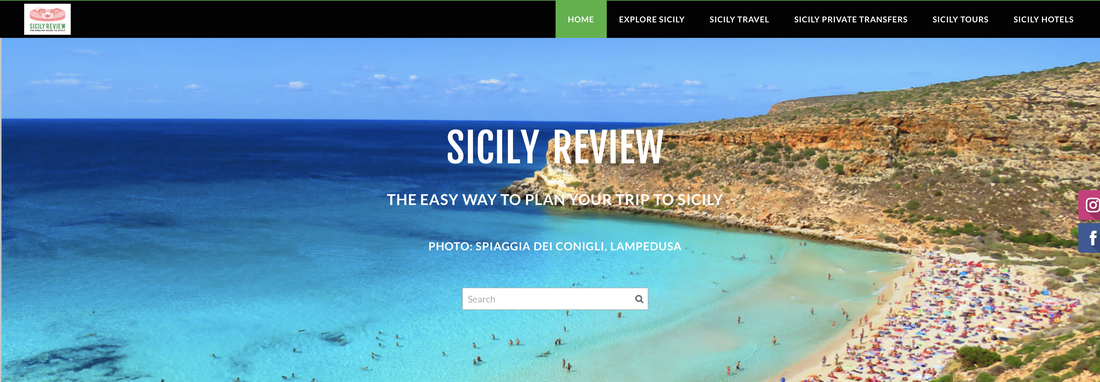Gorgona
|
By Dion Protani
|
Latest update: 21 January 2024
|
|
The island of Gorgona is one of seven in the Tuscan Archipelago (Arcipelago Toscano) situated in the Ligurian Sea, around thirty seven kilometres from the port town of Livorno. Five of the seven islands can be visited without much difficulty but Gorgona (along with Montecristo) has some restrictions in place.
The juxtaposition of Gorgona is that is it at once a penal colony and an area of environmental beauty, both of which contribute to a limited number of permitted visitors. Those restrictions change a little every year so I'll be updating this page soon with full details on how you can visit Gorgona this year. |
Related links
Profile
The Island of Gorgona is a small, picturesque island located in the Tyrrhenian Sea, off the coast of Tuscany, Italy. Known for its unspoiled natural beauty and rugged coastline, Gorgona is a hidden gem that offers a unique experience for nature lovers and those seeking a peaceful retreat.
History
Gorgona has a long and fascinating history. In ancient times, it was known as "Aethalia" and was mentioned by various Greek and Roman authors. Throughout history, the island has served different purposes, including being a place of exile for political prisoners during Roman times and later during the Fascist regime.
In the 19th century, a penitentiary was established on the island, which remained active until the early 1960s. Today, Gorgona is home to a penal colony, and access to the island is restricted.
In the 19th century, a penitentiary was established on the island, which remained active until the early 1960s. Today, Gorgona is home to a penal colony, and access to the island is restricted.
Key features
- Access: Due to its status as a penal colony, access to Gorgona is restricted, and only limited tours are available for the general public. Tourists interested in visiting the island can inquire about guided tours organized by authorized operators, which offer a unique opportunity to explore this secluded and less-traveled destination.
- Natural Beauty: Gorgona's rugged coastline, pristine beaches, and clear waters make it an ideal spot for nature enthusiasts. The island is home to various plant and animal species, including rare bird species and Mediterranean vegetation. Visitors can enjoy hiking along the island's paths, which offer panoramic views of the sea and neighboring islands.
- Wildlife: Gorgona is part of the Tuscan Archipelago National Park, and its protected status has contributed to the preservation of its diverse marine life. The surrounding waters are rich in marine biodiversity, making it an excellent destination for snorkeling and diving.
- History and Culture: The island's past as a place of exile and a penitentiary adds to its historical significance. While exploring Gorgona, visitors can learn about its intriguing history and the role it played in various periods of Italian history.
- Responsible Tourism: As a protected area, Gorgona emphasizes responsible and sustainable tourism practices. Visitors are encouraged to respect the island's fragile ecosystem and follow the guidelines set by the authorities during their visit.
- Limited Services: Since Gorgona is primarily a penal colony and nature reserve, tourist services on the island are limited. It is essential for visitors to come prepared with food, water, and other essentials for their visit.
- Environmental Conservation: The conservation of Gorgona's unique environment is of utmost importance. Authorities and visitors alike are committed to preserving the island's natural beauty and protecting its flora and fauna.
Isola di Gorgona

